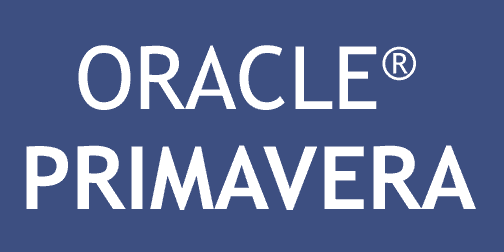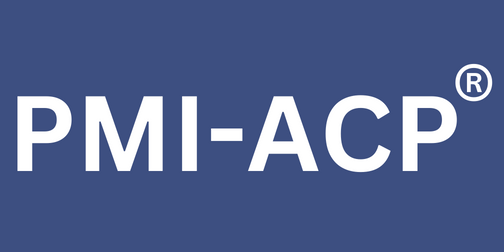
The Benefits of Agile Project Management
Posted On June 17, 2024 - 15:57 PM
Agile project management has gained widespread popularity and adoption in the world of project management due to its flexibility, adaptability, and collaborative approach to project execution. As traditional project management approaches are being replaced with more dynamic and customer-centric methodologies, the benefits of agile project management are becoming increasingly evident. In this article, we will explore the various advantages that agile project management offers and how it can positively impact the success of projects across different industries.
Enhanced Flexibility and Adaptability
One of the key benefits of agile project management is its emphasis on flexibility and adaptability. Traditional project management methods often involve extensive planning and rigid structures, which can be limiting when it comes to responding to changes in the project scope, requirements, or priorities. In contrast, agile project management allows for continuous iteration and improvement, enabling teams to adapt to evolving circumstances and customer feedback. This flexibility is particularly valuable in fast-paced and dynamic environments where market demands and customer expectations are constantly changing.
Customer-Centric Approach
Agile project management places a strong emphasis on engaging customers throughout the project lifecycle. By involving customers in the development process and incorporating their feedback into the project, agile teams can ensure that the final deliverables meet the customer's expectations and address their specific needs. This customer-centric approach not only enhances customer satisfaction but also increases the likelihood of delivering a successful project that aligns with the customer's vision.
Accelerated Delivery and Time-to-Market
Agile project management methodologies, such as Scrum and Kanban, promote incremental and iterative delivery of project components. This approach enables teams to release valuable features or functionalities in shorter cycles, allowing for faster time-to-market compared to traditional project management methods. By breaking down the project into smaller, manageable increments, agile teams can deliver tangible results more quickly, allowing for early validation of project assumptions and reducing the overall time and cost of development.
Improved Team Collaboration and Communication
Agile project management fosters a collaborative and communicative team environment, promoting active involvement and contribution from all team members. With regular stand-up meetings, sprint planning sessions, and demonstrations of completed work, agile teams ensure that everyone is aligned and focused on the project's objectives. This improved collaboration and communication help mitigate the risks of misalignment and ensure that the entire team is working towards a common goal, resulting in greater productivity and cohesiveness.
Increased Transparency and Visibility
Another benefit of agile project management is the increased transparency and visibility it provides into the project's progress and status. Agile frameworks, such as Scrum, utilize tools like burndown charts, task boards, and sprint backlogs to keep the team and stakeholders informed about the current state of the project. This transparency enables better decision-making, early identification of potential issues, and proactive management of project risks, ultimately leading to improved project outcomes and customer satisfaction.
Emphasis on Continuous Improvement
Agile project management promotes a culture of continuous improvement and learning. Through regular retrospectives and feedback loops, agile teams reflect on their performance, identify areas for improvement, and implement changes to enhance their processes and practices. This focus on continuous improvement fosters a culture of adaptability and innovation, leading to higher quality deliverables, increased team satisfaction, and greater overall project success.
Better Risk Management and Adaptation to Change
In traditional project management, unexpected changes and risks can disrupt a project's timeline and budget. Agile project management, however, provides a framework for effectively managing risks and adapting to change. By breaking the project into small, manageable iterations, agile teams can quickly reassess and adjust their approach in response to new information or evolving circumstances, mitigating the impact of potential risks without compromising the project's overall trajectory.
Conclusion
In conclusion, the benefits of agile project management are numerous and impactful, providing organizations with a modern approach to project execution that prioritizes customer value, adaptability, and collaboration. By embracing the flexibility and customer-centric focus of agile methodologies, project teams can accelerate project delivery, improve team dynamics, and ultimately increase their chances of delivering successful outcomes. As the demands of the marketplace continue to evolve, agile project management offers a proven framework for achieving project success in today's dynamic and competitive business landscape.
Check out this blog : Building a Risk Management Plan


















